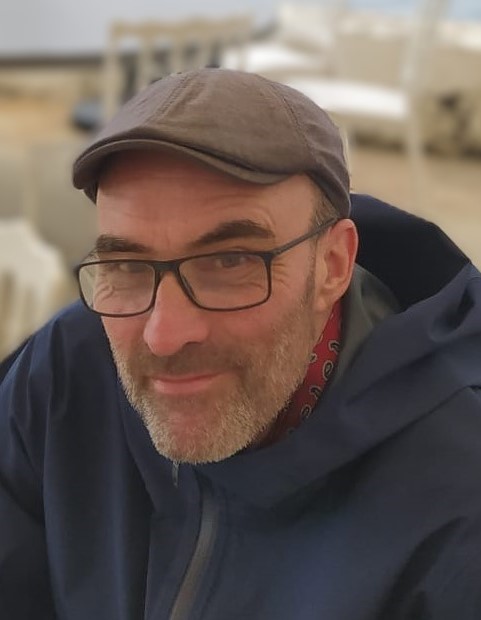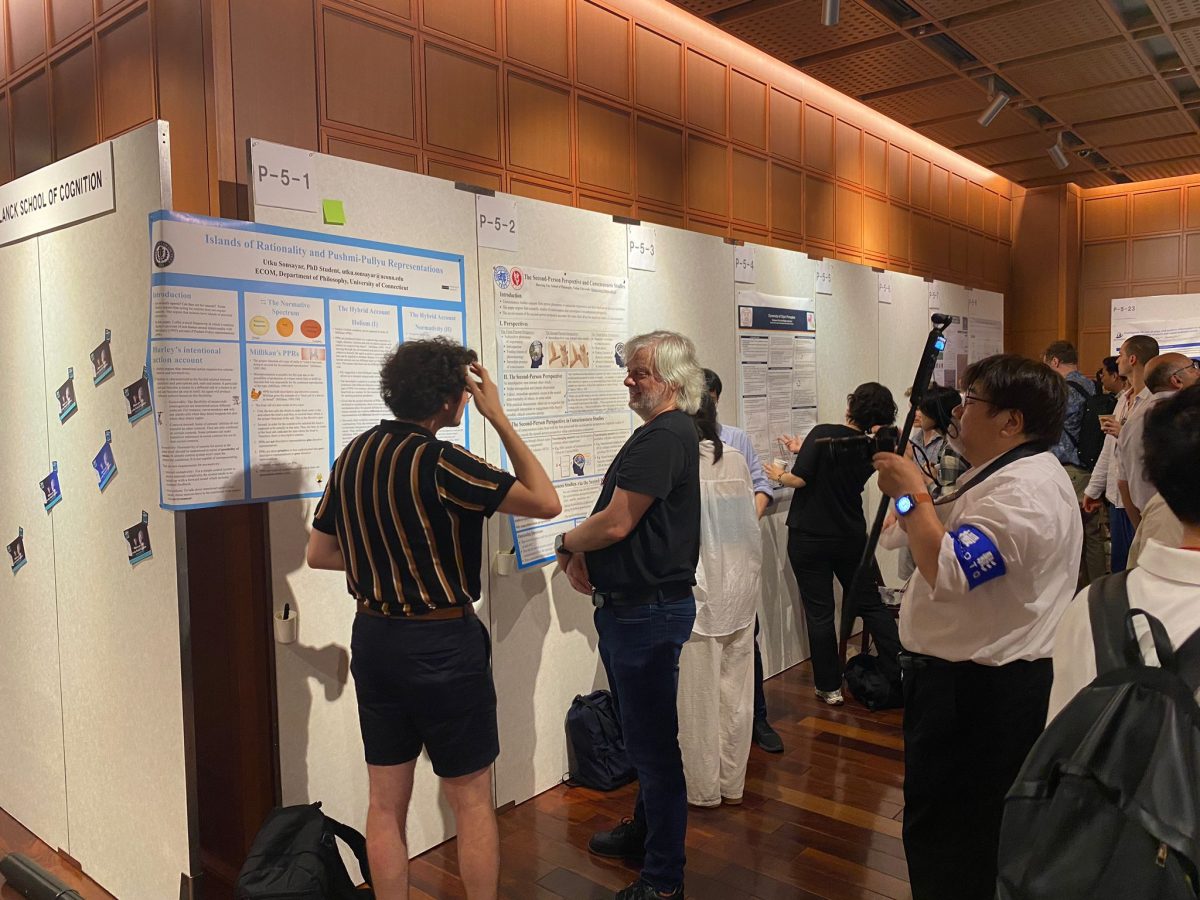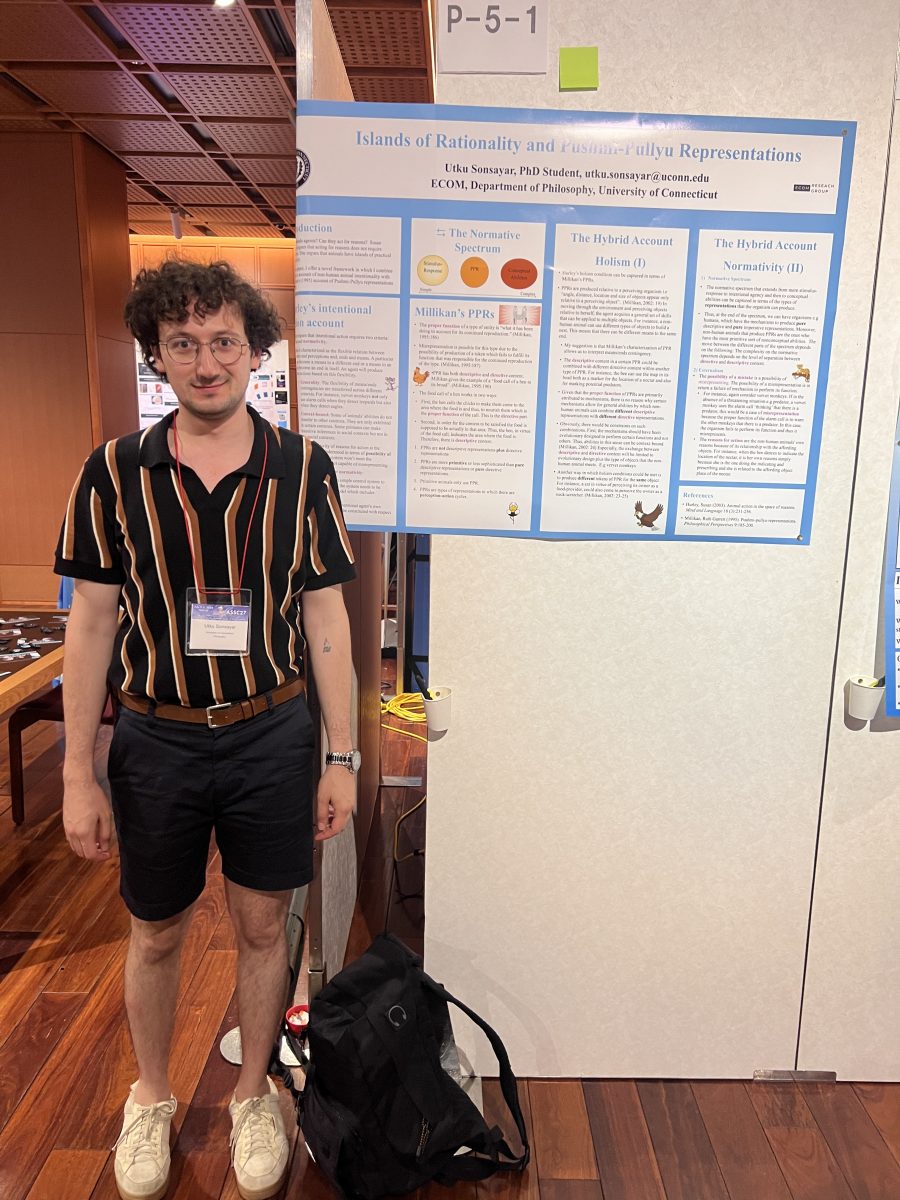The GoodAttention project is pleased to announce a workshop on the Functions of Attention, 16-17 February, 2024, to be held in Oslo, Norway. Please find details on the workshop and a call for abstracts below. The CFA can also be found on the GoodAttention webpage and on philevents.
Attention has long been a major research focus in cognitive science. While there is a wealth of empirical research on attention, some foundational questions remain unsettled. Recent philosophical work has made progress by advancing accounts of the nature of attention. Philosophers have also recently been engaged with normative questions about attention, including moral, political, epistemic, and rational norms of attention, in connection with recent concerns about the ‘attention economy’ and manipulation of attention in our digital environments.
The goal of this workshop is to contribute to a better understanding of attention by investigating another set of foundational questions, concerning the functions and natural norms of attention. Attention is involved in the operation of various other mental capacities—but how does attention contribute to the functioning of other capacities, and what is the function of attention itself? Prioritizing questions about attentions function can help in developing accounts of its nature; for to understand what a thing is, we will want to know what it does, or what it is for. In addition, identifying the function(s) of attention will enable us to say what it is for attention to function well or poorly as such, or to provide natural norms for attention. This has the potential to ground explanations of what is ‘disordered’ about attention, if anything is, in conditions such as ADHD and addiction. Moreover, considering the function of attention can contribute to an understanding of its natural origins, by identifying the effects that attentional mechanisms have had in evolutionary history for which attention may have been selected.
This workshop will bring together researchers interested in a variety of areas to discuss the functions of attention. The workshop will have a mix of invited and contributed presentations. We invite submissions of abstracts that speak to some aspect of the workshop themes, broadly understood.
Call for Abstracts
We invite submissions of abstracts of no more than 500 words (excluding notes and references), broadly connected to the workshop themes. Presentations will be 30-35 minutes, with 15-20 minutes Q+A, for 50 minutes total.
Abstracts should be prepared for anonymous review. Please remove all identifying information from the abstract, and include a separate title page with presentation title, name, contact email, and institutional affiliation.
Possible topics include, but are not limited to,
- the function(s) of cognition that involve attention, including but not limited to reasoning, perception, and cognition in non-human animals
- the natural origins of attentional and other basic cognitive capacities
- identifying natural norms for attention, and their relation to moral, political, and epistemic norms for attention
- theories of malfunction in attention, including analyses of disorders such as ADHD and addiction
- the role of attention in agency, perception, learning, communication, etc.
Please submit abstracts as a word or pdf document to linehth@student.sv.uio.no with subject line “Function of Attention Workshop Submission”.
Deadline for submission: 15 October, 2023.
Notification of acceptance: 15 November, 2023.
We would prefer that those giving presentations attend the workshop in person, but an option for remote participation will also be available. Some funds are available to cover accommodation (but not flights) during the workshop for accepted papers. Please contact linehth@student.sv.uio.no or d.d.johnson@ifikk.uio.no for questions concerning travel arrangements.
If you are interested to participate remotely, please contact d.d.johnson@ifikk.uio.no or linehth@student.sv.uio.no for a zoom link.
This workshop is funded by the GoodAttention project (ERC Consolidator Grant 2020, grant agreement no. 101003208)



